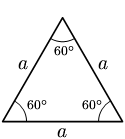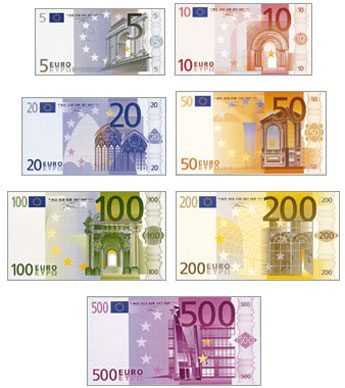 Encyclopedism was a philosophical current led by Denis Diderot and Jean d'Alembert. This Encyclopedia had the pedagogical purpose of transmitting knowledge, valuing knowledge as a necessary means to reach the light of reason, a channel through which to achieve true knowledge. The reason is the right channel to end forms of false knowledge such as superstition.
Encyclopedism was a philosophical current led by Denis Diderot and Jean d'Alembert. This Encyclopedia had the pedagogical purpose of transmitting knowledge, valuing knowledge as a necessary means to reach the light of reason, a channel through which to achieve true knowledge. The reason is the right channel to end forms of false knowledge such as superstition.
Promote knowledge as a necessary good to propel society towards the conquest of modernity. That is, knowledge is the basis of social progress. Through the Encyclopedia, in relation to this point, democratic theses are also defended and the weaknesses of the existing order are criticized.
The Encyclopedia bases its research on freedom from a fourfold perspective: thought, research and religion.
Bases of encyclopedism
The Enlightenment conceives knowledge as a democratic good, that is, as a legacy that should be available to anyone, instead of turning knowledge into an elitist good that is only available to a few.
This encyclopedia produced in France was intended to organize knowledge under a rational criterion. Main ideas are reflected in this encyclopedia. For example, science as the basis of social progress at all times. The natural order as a means to achieve earthly happiness. Up to 150 people of different profiles worked on this work: theologians, artists, philosophers, scientists, magistrates and artisans.
This important work consisted of 28 volumes. The 18th century has gone down in history as the Age of Enlightenment. By praising knowledge as a necessary means of human development.
Authors of the Encyclopedia
The authors of the Encyclopedia were known as Encyclopedists who with their work had a great influence on the politics of the time. The encyclopedist Jean-Baptiste le Rond d'Alembert was an expert who made specialized publications in science: astronomy, mathematics and physics. Together with Diderot, he directed this work whose name is still a reference to refer to this type of work even today: encyclopedia.
 Voltaire is the best known philosopher in the Encyclopedia. He defended freedom of expression and belief. This author considers that individual freedom is a fundamental pillar of development.
Voltaire is the best known philosopher in the Encyclopedia. He defended freedom of expression and belief. This author considers that individual freedom is a fundamental pillar of development.
Rousseau considered that private property was the cause of inequality between people. Therefore, this was one of the causes of unhappiness.
Photos: Fotolia - Yannik Labbe / Archivist









